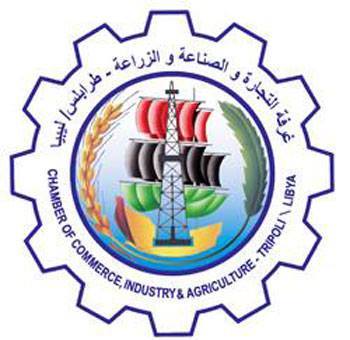By Sami Zaptia.
Tripoli, 5 July:
The Civic Affairs Authority (part of the Ministry of Interior), in conjunction with the Central Bank of . . .[restrict]Libya and Diwan IT and Studies Company held a conference at the Corinthia hotel 3 July on its aims of e-government.
The conference was attended by the Governor of the Central Bank of Libya, the Minister of Local Government, and the Minister of Higher Education.
Introducing the conference, Mohsen al-Ginafy, from the Civic Registry Department of the Civic Affairs Authority, explained that their aim was to change the government’s procedure and bureaucratic system. He complained that over the last few decades, the rest of the world had progressed in its processes whilst Libya was left behind.
He lamented the short-term negative effect of the war period during the February 17 Revolution, but comforted the audience that despite that the database of the Civic Affairs Authority was still intact.
Al-Ginafy confirmed that the government has now approved the organizational system across Libya for his department, which meant there could now be progress on digitizing the database. The natural and simple aims of the project is to reduce centralization and bureaucracy, with all the positive spin offs that would entail from that on the better governance of Libya on various levels.
A good tangible example of his department’s efforts was, for example, the fact that in Benghazi the Civic Affairs Authority has increased its offices from two to thirteen, Al-Ginafy said.
In reality, a digital database meant that the transfer of data and information could be faster, and more efficient, leading to better services across a wide range of sectors to all citizens all over Libya.
Al-Ginafy also revealed that a committee has been formed to reduce the number and length of forms that Libyans have to endure in the government bureaucracy.
He revealed that it was the process of the disbursement of the government family grants as stipulated by NTC Law No. 10 2012 that led to the birth of the digitalization of the database, and now this process is being extended to the Civic Registry.
Al-Ginafy felt that the Civil Registry database is a live, ever-changing database, and a vital database for all government sectors as the bases for future decision-making.
He felt that the process was very successful for the disbursement of the family grants with a miniscule number of cases of fraud. The process was very successful he maintained, with over 340 Civil Registry offices across the country now able to communicate using the system. Al-Ginafy, therefore, hoped the system would act as the model for others to build upon in the future.
Finally, it was accepted that training and rehabilitation of the Civil Registry and Civic Affairs Authority employees was vital if it is to succeed in offering an efficient service to the Libyan public, and as the bases for the wider creation of an e-government and e-archiving system in Libya..
In the question and answer session that followed the presentations, members of the audience challenged the supplying engineers of both software and hardware on various issues, including matters of privacy and security.
The respondents assured the members of the audience that, for example, currently banks, as part of the grants disbursement system, do not have access to the Civil Registry database, but only to limited data confirming the existence of the identity of grant recipients. They explained the various steps taken to ensure the security of the system and the protection of personal data.
With regards to the issue of e-government, it is worth keeping in mind that the Libyan International Conference on e-government is to be held on 14-15 July at the Radisson Mahari.
Speaking to the Libya Herald, the organisers had confirmed that a preparatory meeting will take place at the General Authority of Information in Jamhuriya Street on 4 July with directors of the IT centers of the various Libyan government ministries present to discuss their contributions to the conference.
Fifteen foreign invited keynote speakers from Estonia, Portugal, UAE, Jordan, Canada, Saudi Arabia, Germany and the World Bank have so far confirmed their participation at the conference, the organizers confirmed.
Four workshops for decision-makers and non-technical participants have been arranged on e-health, e-justice, Integrated Public Financial Management Information Systems and IT in higher education.
For more information or to contact the organizers of this conference see the conference’s official website in Arabic and English on: www.egov2012.ly
For more on this story also see: http://www.libyaherald.com/preparations-continue-for-the-libyan-international-conference-on-e-government-14-15-july-2012/
And http://www.libyaherald.com/the-international-libyan-conference-on-electronic-government-to-be-held-14-15-july/ [/restrict]









